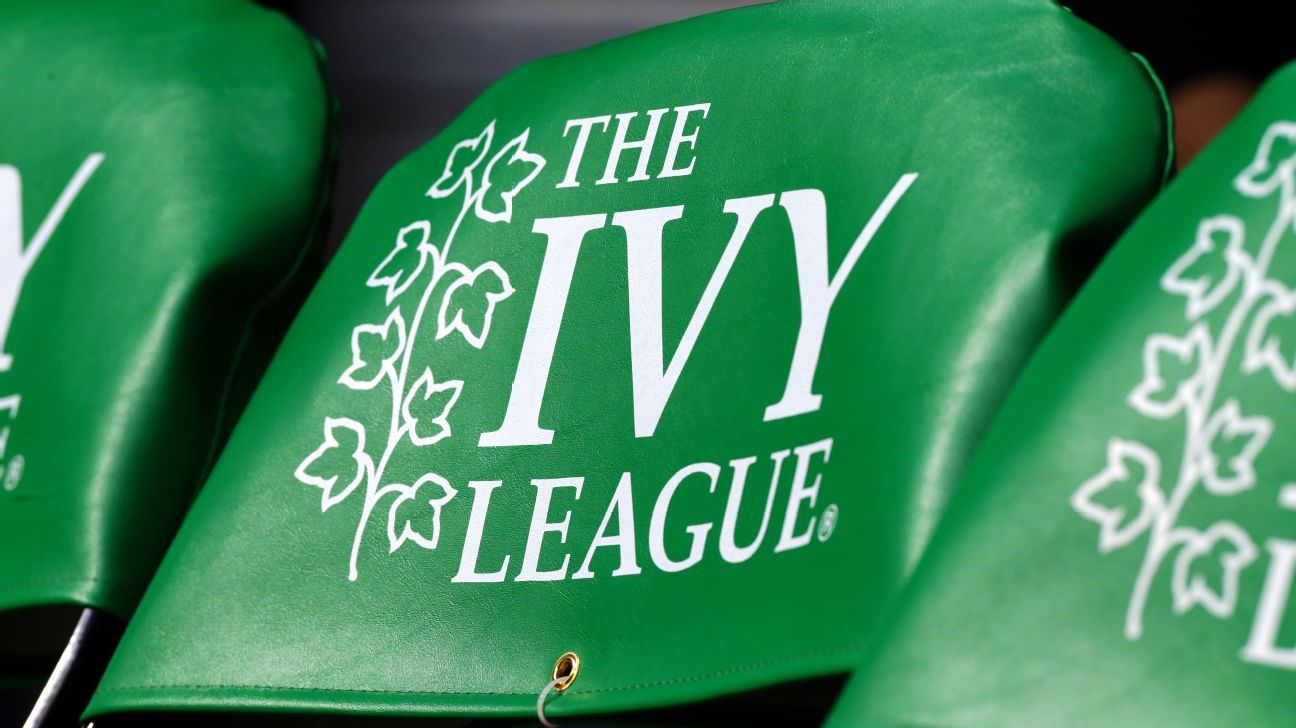ScriptOhio
Everybody is somebody else's weirdo.

Ivy League sued over its no-scholarship policy
A pair of basketball players from Brown allege in a federal lawsuit that the Ivy League's policy of not offering athletic scholarships amounts to a price-fixing agreement that denies athletes proper financial aid and payment for their services.
Athletes sue Ivy League over its no-scholarship policy
A pair of basketball players from Brown allege in a federal lawsuit that the Ivy League's policy of not offering athletic scholarships amounts to a price-fixing agreement that denies athletes proper financial aid and payment for their services.
The lawsuit was filed Tuesday in U.S. District Court in Connecticut by attorneys representing Grace Kirk, a member of Brown's women's team, and Tamenang Choh, who played for the men's team from 2017 through 2022. They are seeking class-action status to represent all current and former athletes at the eight Ivy League schools dating back to those recruited since March 2019.
The suit argues Ivy League schools illegally conspired to limit financial aid and not compensate athletes for their services.
"In either case, regardless of whether considered as a restraint on the price of education, the value of financial aid, the price of athletic services, or the level of compensation to Ivy League athletes, the Ivy League Agreement is per se illegal," the lawsuit states.
Harvard, Yale, Brown, Princeton, Dartmouth, Cornell, Columbia and Penn don't offer merit scholarships of any kind, including athletic scholarships. The policy, which dates back to 1954, makes the Ivy League the only Division I athletic conference that prohibits member schools from offering athletic scholarships.
Ivy League executive director Robin Harris defended the policy in a statement responding to the legal action, noting there are a wide variety of options when it comes to opportunities available to college-level athletes.
"The Ivy League athletics model is built upon the foundational principle that student-athletes should be representative of the wider student body, including the opportunity to receive need-based financial aid," she said. "In turn, choosing and embracing that principle then provides each Ivy League student-athlete a journey that balances a world-class academic experience with the opportunity to compete in Division I athletics and ultimately paves a path for lifelong success."
But attorneys for the Brown athletes point out that other elite academic schools, such as Stanford and Duke, do offer athletic scholarships.
"These schools are not part of the Ivy League, but they demonstrate they can maintain stellar academic standards while competing for excellent athletes, and without agreed upon limits on price," the lawsuit said.
Just sayin': If they wanted an athletic scholarship then they should of went to a school that offers them.


